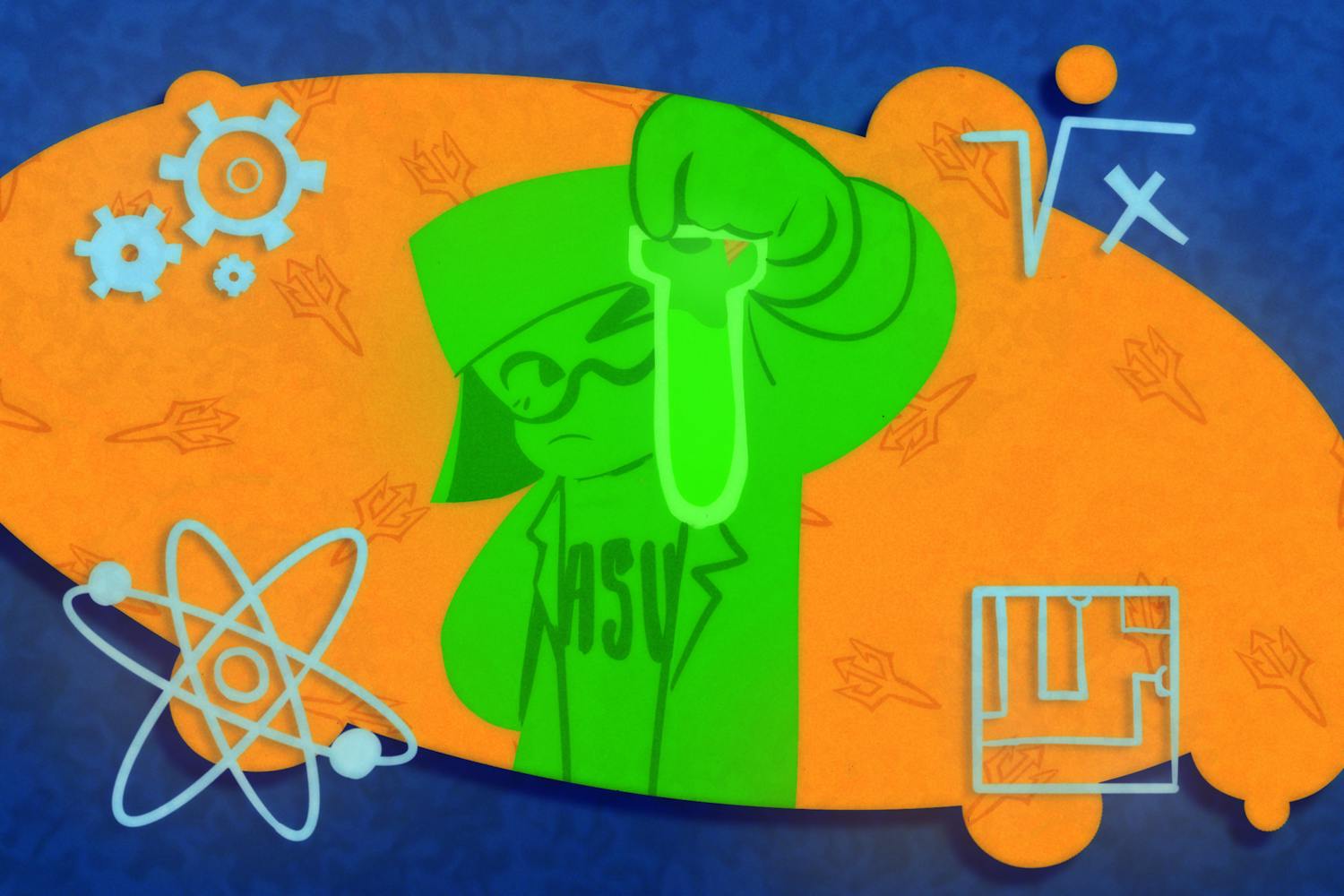Many Americans felt justice had been served Sunday as the announcement of Osama bin Laden’s death captivated audiences, but the real implications of this news remain to be seen.
President Barack Obama announced Sunday night that American forces killed the leader of the terrorist organization Al-Qaida in Abbottabad, Pakistan, on Sunday.
“This is a huge blow to Al-Qaida,” said political science professor Yoav Gortzak. “It might herald the beginning of the end, but that’s too soon to tell.”
Gortzak teaches courses on international security and terrorism and said he was cautiously optimistic about the news, although he stressed any analysis made at this point is speculation.
Fighting Al-Qaida is like playing “a game of Whac-a-Mole,” he said.
“You can certainly keep them on the run and downgrade their capabilities, but there will always be at least some people who look at the Muslim world the way Osama bin Laden does,” he said. “Victory will be impossible to achieve … if victory means that nobody is ever going to try to attack the U.S. again.”
While he said organizations like Al-Qaida like to avenge their leaders, he speculated the U.S. will likely not see an additional increase in violence as retaliation for celebrations of bin Laden’s death. He said Al-Qaida sympathizers would seek to harm the U.S. regardless of such a reaction.
“I’m assuming it will be the Pakistanis who will bear the brunt of this, not the U.S.,” Gortzak said, adding that the organization has more capacity to strike in Pakistan.
Obama praised the Pakistani government in his speech Sunday for its assistance in the operation that killed bin Laden, but Gortzak said the president’s speech was largely diplomatic and tensions might increase between the U.S. and Pakistan. He pointed out that bin Laden was found in a compound just a few hours from Pakistan’s capital, Islamabad.
“All the briefings around this thus far have shown that the Pakistanis were completely frozen out of the whole picture,” Gortzak said. “What is very obvious from this entire operation, when push comes to shove, and for good reason, the U.S. doesn’t trust the Pakistani government.”
Gortzak said the operation to take out bin Laden was risky and complex.
“I’m assuming that there were some really sweaty palms in the White House this Sunday,” he said. “President Obama showed the fact that he has all the guts in the world to make these decisions.”
Gortzak said bin Laden, who orchestrated the attacks on Sept. 11, 2001, gained some of his appeal among supporters from his ability to evade U.S. capture, and his death may cause alarm within the organization.
“[This will] make other Al-Qaida leaders and secondary officers a lot more concerned about their well being,” he said.
Though the events of Sept. 11 sparked the U.S.-led war in Afghanistan, Gortzak said he doesn’t believe bin Laden’s death will cause a drastic change in American policy in the region.
“We’re certainly not going to withdraw all our troops in Afghanistan just because Osama bin Laden is dead,” Gortzak said. “The U.S. has much broader goals in Afghanistan.”
The death of Al-Qaida’s leader may give the U.S. an opportunity to stick a wedge between the organization and the Taliban in Afghanistan, which are not as close as people have suggested, Gortzak said.
“[The celebrations] showed how much deep-seated fear and anger there was against Osama bin Laden after 10 years,” Gortzak said.
Layal Rabat, who graduated from ASU with a master’s degree in social justice and human rights in 2010, followed the events through the night.
“It was odd that people were celebrating so heavily,” she said. “[As though] terrorism itself died, when he was just a symbol.”
Both Rabat and Gortzak warned against reading too much into the policy implications of bin Laden’s death.
“It’s not like they came out and announced that there’s peace on earth,” Rabat said. “Ideologies didn’t die with him.”
She said the emotional reaction was likely cathartic for those touched by the tragedy of Sept. 11, and the news brought “a sigh of relief” to people in the Middle East.
“This man has brought on a lot of xenophobia and discrimination on the Middle East as a whole at a time when young people there are disenfranchised,” Rabat said. “A lot of people viewed him with hatred and contempt.”
Born in Syria, Rabat moved to the U.S. when she was 9 years old. She hopes after experiencing the reaction to bin Laden’s death Americans “can understand Arab people when they’re celebrating the death of someone who is an enemy.”
As an Arab-American, she said she feels embarrassed when footage of Arabs celebrating is shown to make them out as “savages.” Rabat hopes people will begin to look beyond generalizations and see people as human beings.
“Some [Americans] will be surprised that people abroad will be relieved that Osama is dead,” Rabat said. “Maybe it will change their mind about stereotypes in the Arab world.”
Bill Silcock, associate professor and director of Cronkite Global Initiatives, said images of Americans celebrating could be interpreted in the Middle East much the same way Americans see images of effigies being burned.
“[Television] can light the flame of prejudice and it can start a raging fire that can burn a long time,” Silcock said. “But it can also be a light of truth.”
He said built-in prejudice against countries like Pakistan needs to be broken down.
“The fear factor needs to become the friendship factor,” he said.
Though Sunday’s news was “an American moment,” Silcock said the American media should incorporate more voices from overseas. He also said bin Laden’s death united Americans for a few hours without political divisions.
“[It was a] turning point in American politics and it’s a turning point in history,” he said. “People have already said this could be the defining moment of the Obama presidency.”
Though social media played a large role in disseminating the information, Silcock said people will have to dig for stories on the greater impact of bin Laden’s death.
“The real hard stories of how this came about … that’s the kind of story that a lot of the American public will not access because their lives are too busy,” he said. “On Friday we thought we’d still be doing Royal Wedding stories all week.”
Many reports after the announcement chronicled the impact that bin Laden’s death had on families touched by 9/11 attacks. Silcock said he did not personally know anyone who was killed in the attacks, but knew people who were personally affected.
“I know their hearts are changed today,” he said.
But Silcock also acknowledged the delicacy of celebrating death.
“Every death diminishes us,” he said. “Even Osama bin Laden … because every death is a horrific thing. We just need more peace in the world.”
Reach the reporter at indra.ekmanis@asu.edu



